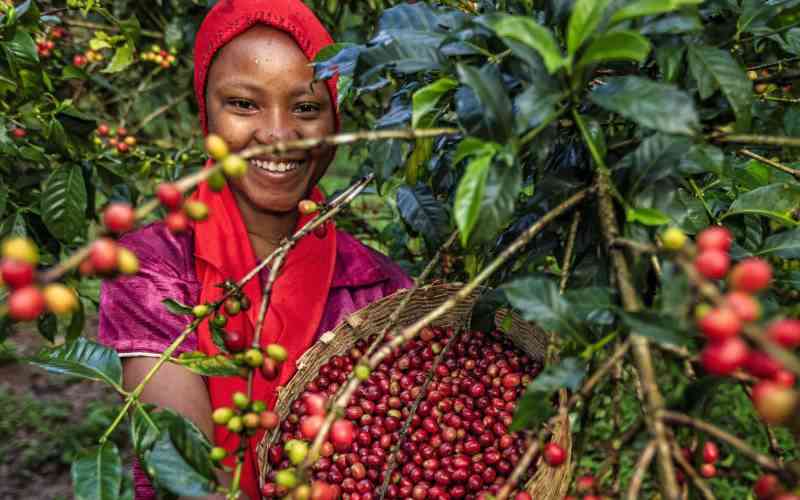Across much of Africa, smallholder farmers form the backbone of rural livelihoods, producing the majority of food consumed on the continent. However, climate change is disrupting this system through rising temperatures, erratic rainfall, and soil degradation resulting in falling yields and deepening poverty.
Despite these challenges, African farmers are developing and adopting innovative, cost-effective and eco-friendly farming practices. Agroforestry, for instance growing trees alongside crops has improved harvests by up to 30% in some regions while combating soil erosion. In places like Burkina Faso and Niger, traditional techniques such as zaï pits and rainwater harvesting are restoring degraded lands. These methods, rooted in local knowledge and experience, not only support biodiversity but also promote climate resilience.
However, these successful adaptations remain underfunded and underutilized. Expansion is hindered by limited research, lack of policy support, insecure land tenure, and poor access to funding especially for women and youth. In some countries, female farmers struggle to access training and capital, making it harder for them to adopt climate-smart agriculture.
Conservation agriculture in countries like Malawi and Zambia characterized by minimal tillage, soil cover, and crop rotation has improved soil health and productivity. In Kenya’s semi-arid regions, farming systems that mimic natural ecosystems have improved water retention and helped crops endure droughts. Integrated crop-livestock systems and terracing have also shown success in areas like Ethiopia and Uganda.
To accelerate adoption of these sustainable practices, international support is critical. The G20, which currently includes South Africa in the rotating presidency, has an opportunity to prioritize Africa’s agricultural resilience in its climate agenda. This includes helping African governments secure climate finance, fostering partnerships with donors and development banks, and ensuring that local knowledge and needs are central to agricultural interventions.
Moving forward, investments must support public agricultural services, digital advisory platforms, and gender-responsive reforms. Funding should target low-cost, proven solutions like agroforestry and indigenous crop revival. Tailored research partnerships and promotion of resilient crops such as millet, sorghum, and legumes are also essential.
Agriculture, while threatened by climate change, can also be a powerful climate solution. With targeted support from global actors like the G20, Africa’s smallholder farmers can lead the way in building a more sustainable, food-secure future.

